A Fife survivor of Angus rapist Logan Doig is fighting for changes to the parole system as she watches her friend go through the process.
Hannah McLaughlan and Ellie Wilson have launched a campaign to give survivors more rights and slamming the current parole process as “not good enough”.
Ellie’s attacker, Daniel McFarlane, is being considered by the panel on Wednesday having served just half his sentence.
He was jailed for five years in 2022 for two rapes at Glasgow University between 2017 and 2018.
Hannah’s attacker, Logan Doig, was sentenced to nine-and-a-half-years in 2023 and the duo hope to bring change so Hannah doesn’t endure the same traumatic experience as Ellie.
‘Survivors are left in the dark’
Hannah and Ellie want better communication for survivors and believe they should also be able to attend parole hearings as a standard.
The two women backed The Courier’s A Voice for Victims campaign which is also calling for reforms to the parole system.
“Survivors need more rights and need them explained more explicitly to them”, Hannah told The Courier.
“I have no clue what to expect when I get to the stage that Ellie is at just now.
“There’s so much that survivors are left in the dark about and that’s not trauma informed, that’s not good enough.”
Hannah says she gets more information on the justice and parole system from Ellie than she does from official organisations.
“Imagine if I wasn’t in contact with Ellie,” she said.
“I do feel for other survivors out there because, as we know, going through abuse and things like that can make you feel so alone and isolated.
“So that’s quite heartbreaking to think there are people out there going through similar to what Ellie is right now that haven’t had other people to rely on to give them that information.”
‘It’s like a box-ticking exercise’
Ellie was notified during the summer that McFarlane would be considered for parole this month.
She was given 30 days to make representations but was on holiday at the time so only had a week to write her letter explaining why the rapist should remain in prison.
Even then, she believes the submission will make little difference to the outcome.
“It’s like a box ticking exercise so they can say the survivor has a voice,” she told The Courier.
“If you go look on the parole boards FAQs and try work out what they’re talking about it doesn’t make sense, it’s not transparent.
“The public deserves transparency and victims deserve transparency.”
Hannah is of a similar belief.
“We’ve both had to write the victim impact statement for the sentencing and Ellie has had to write something similar for the parole board – but what weight is actually given to those?
“I don’t think very much.
“So what is the purpose of making a survivor write that, making people think that even makes a difference?”
‘Bare minimum’
Both women gave evidence to the Justice Committee this year regarding the Victims, Witnesses and Justice Reforms bill going through the Scottish Parliament.
They believe that parole has been totally overlooked in the process.
Ellie explained: “It seems like they’ve skipped out a lot of stuff around what happens after cases end.
“It seems like the parole process is really absent from that.
“I also think it highlights the importance of lived experience and listening to people that have experience.
“Me and Hannah gave evidence to the Justice Committee this year, but that was one opportunity that we had to formally to give our own expertise.
“They’ll say we consulted with survivors on this – but you did the bare minimum.”
Hannah added: “Parole has been completely missed.
“It is still part of the process – it doesn’t stop at sentencing.
“It resurfaces all the trauma, it resurfaces everything for the survivors.”
‘Five years doesn’t mean five years’
The two survivors believe many people don’t realise that parole comes around halfway through the sentence.
Ellie said: “When you are handed out that sentence you think in that moment – you’re there in court – and the judge says I sentence you to X amount of time, and you think then, five years, that’s okay.
(But) that five years doesn’t mean five years and I think most of the general public don’t realise that as well.”
Hannah: “At sentencing it’s the relief for you because you’ve been so focused on reaching that point that finally there’s that relief of okay, you’re going have that time.
“They’re not going to be in public, they can’t hurt you, they can’t hurt anyone else.
“That gives you time to heal, process, move on with your life but actually the reality is that it’s not.”
‘A really damning indictment’
Ellie, who has a large social media following, told The Courier the lack of information available for survivors means she often has people reaching out to her for help.
“I think it’s a really damning indictment.”
“I think these issues need to be treated with urgency because we’re talking about people’s lives.
“There’s an imminent impact on people’s lives, whether that’s a safety risk that’s posed by another person or whether that’s the impact on someone’s mental health.”
The Scottish Government has said they will establish a new contact team that will give victims and survivors personalised support during the process.
Siobhain Brown MSP is introducing the reforms in response to recommendations made about the current Victim Notification Scheme (VNS).





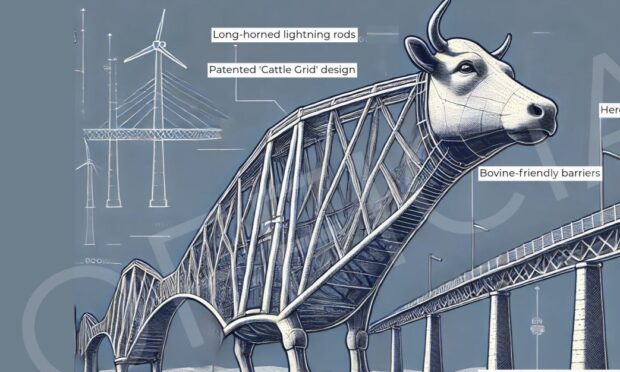
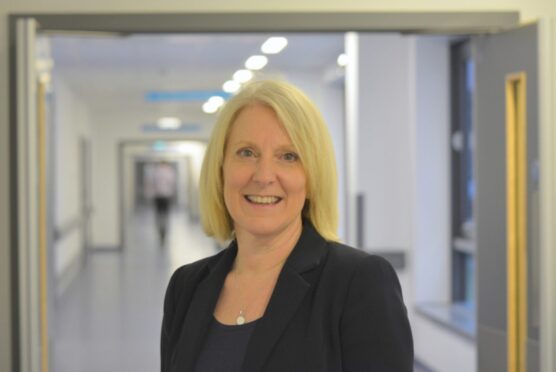
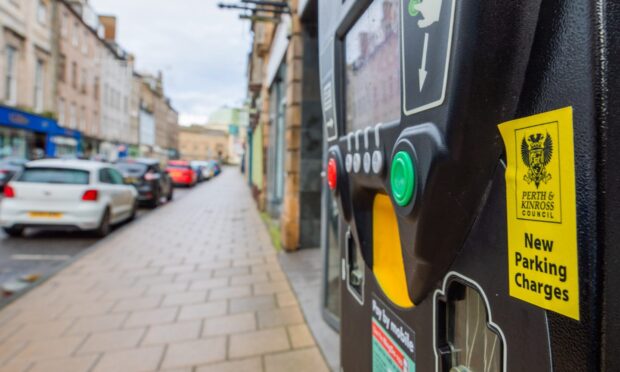
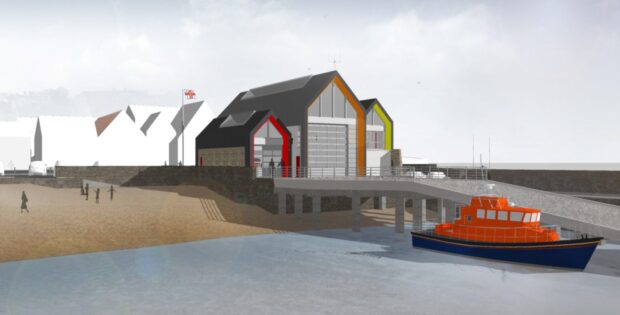
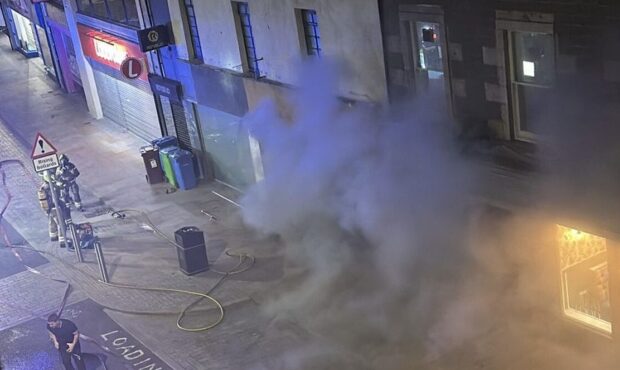
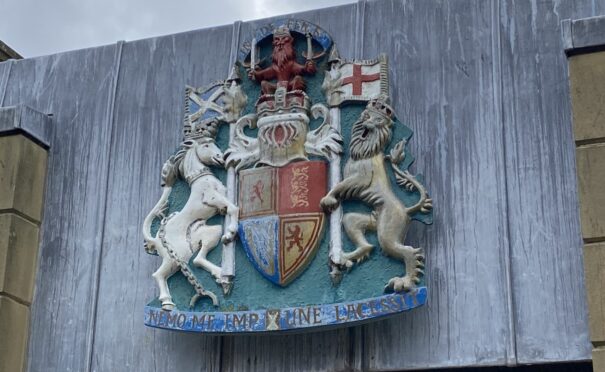
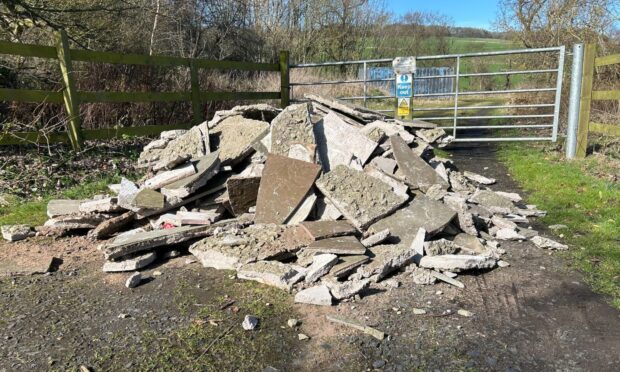

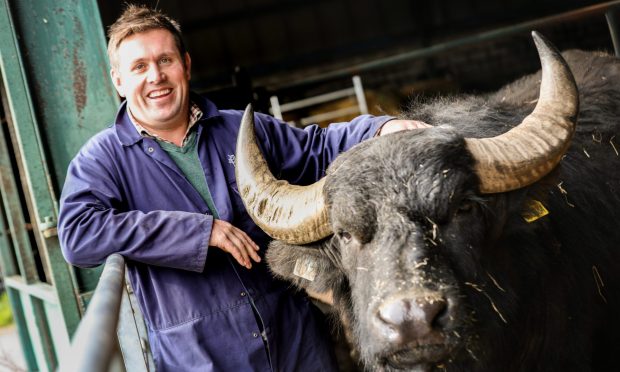
Conversation